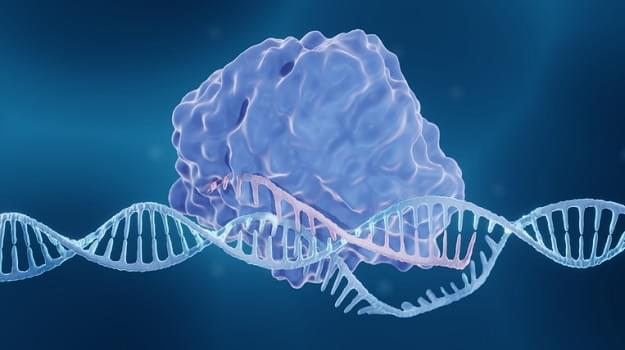Cell toxicity and genomic instability are potential side effects from the use of CRISPR-Cas9. The gene editing tool can also cause large rearrangements of DNA through retrotransposition to theoretically trigger tumor development.
While rare, the fact that CRISPR is used to edit millions of cells for some therapies means precautionary steps are warranted given the potential increase in cancer risk. However, retrotransposition is much rarer during base editing, a more precise technique that chemically changes just one “letter” of the genetic code without causing a double-strand break in DNA.
Although MHRA decided that the benefits of Casgevy outweigh its risks, the U.K. regulator granted a one-year conditional marketing authorization of the world-first gene therapy based on the findings of two global clinical trials, noting that no significant safety concerns were identified during the trials.










Comments are closed.